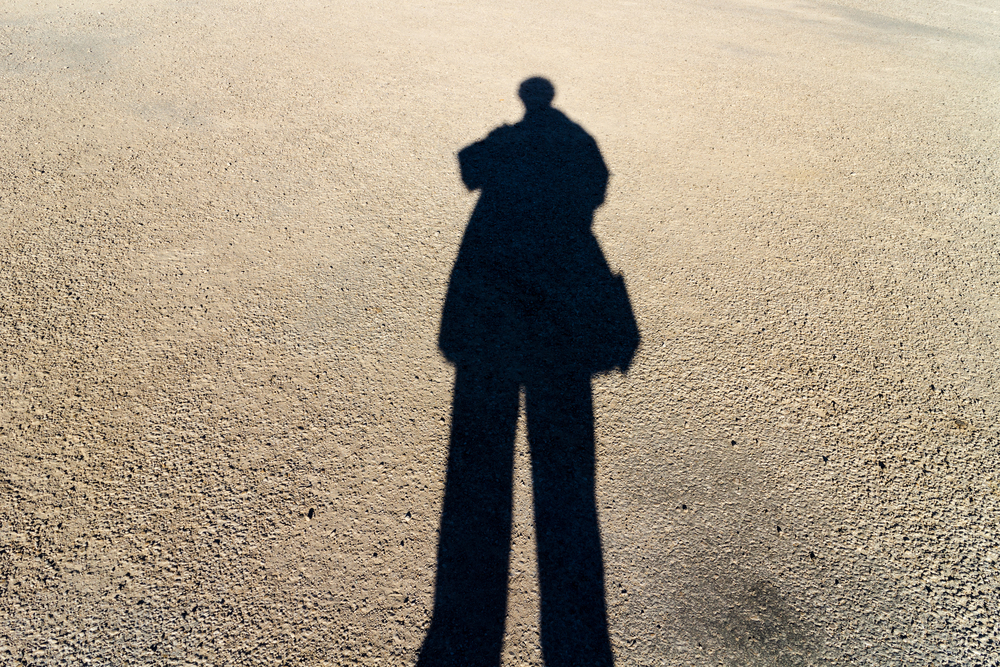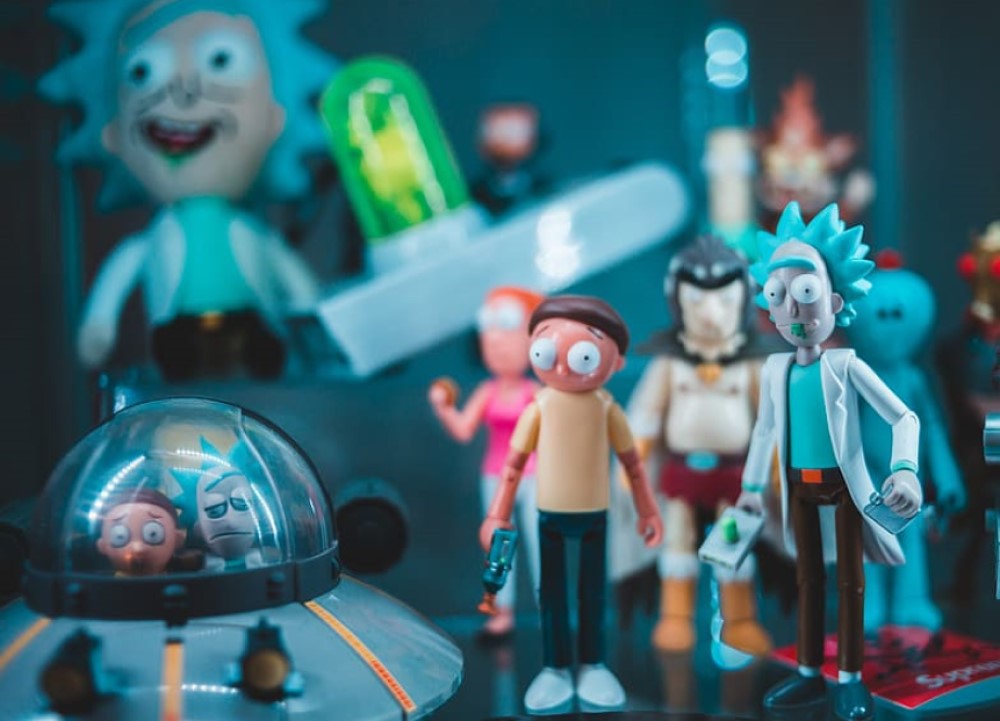Starting in March 2023, Canada will allow those with a mental illness to seek medical aid in dying. Canada first legalized euthanasia in June 2016, but – like most jurisdictions that have passed such laws – restricted access only to those with a terminal illness. This law was expanded in 2021 to also include patients with a “grievous and irremediable medical condition” (that is, those who are going through incurable suffering, but who are not dying). Canada’s most recent amendment will now see them join the Netherlands as one of the first countries in the world to make euthanasia available for those with a severe and incurable mental illness.
What should our ethical position be on this law? Fortunately for us, euthanasia is an incredibly fertile area in moral philosophy. Generally, philosophers separate cases of euthanasia into one of two kinds. The first of these describes scenarios in which a doctor withdraws lifesaving or life-sustaining treatment from a patient. Suppose, for example, that a terminal cancer patient has only months to live, but is currently undergoing an aggressive course of chemotherapy to try and extend her life by several weeks. This treatment comes at an enormous physical and mental toll, however. Given this, she elects to cease treatment in order to maximize her quality of life in what little time she has left. This is what is referred to as “passive” euthanasia. Passive euthanasia can be contrasted with cases in which a doctor intentionally intervenes in order to end a patient’s life. Suppose, for example, that the patient above wanted to avoid the unnecessary pain and suffering that her illness will bring in the months preceding her inevitable death. Given this, she asks her doctor to administer a morphine overdose to end her life quickly and painlessly. This is what is referred to as “active” euthanasia.
This distinction is important, as many jurisdictions that criminalize active euthanasia have no such prohibitions against passive euthanasia. And this sentiment is often echoed by doctors. The American Medical Association (AMA), for example, has previously stated that active euthanasia is “contrary to that for which the medical profession stands and is contrary to the policy of the AMA.” Despite this, they hold that the passive euthanasia should be “the decision of the patient and or his immediate family.”
This distinction is an interesting one – especially since, in many cases, passive euthanasia can bring about far more suffering. Consider a terminal patient whose life is being prolonged using a respirator. Suppose, then, that this patient – knowing that her final weeks will be filled with unbearable suffering – elects to end her life prematurely. There are two ways in which this could be done: The first option would be to remove her respirator. The second option would instead involve administering a morphine overdose, quickly and painlessly ending her life. According to the approach outlined above, the former option (a case of passive euthanasia) would be acceptable, even though it sentences the patient to the harrowing experience of slowly suffocating to death. The latter option (a case of active euthanasia) would instead be seen as morally impermissible, despite the fact that it involves far less suffering for the patient.
Given the fact that passive euthanasia can often be far worse than active euthanasia, it might be tempting to think that there’s no important moral difference between the two. But some philosophers still believe there is. Philippa Foot, for example, argues that it all comes down to whether or not we are the agent of harm. Foot emphasizes that any harm that befalls a person (including death) comes as the result of a sequence of events – sort of like a long line of dominoes. The morally important question then becomes: who started this sequence of events? If it’s us – that is, if we are the one who tipped the first domino – then we are, according to Foot, the “agent of harm,” and therefore find ourselves morally responsible for the harm in question. If, however, the sequence of events is already in motion, then we’re off the hook. To use Foot’s own examples, this is the kind of reasoning that would allow us to drive past a dying person on the side of the road in order to save five other people, but would not allow us to drive directly over another individual for the same reason.
Returning to the discussion of euthanasia, Foot’s approach allows us to make a moral distinction between active and passive euthanasia on the basis of who sets the harmful sequence of events in motion. When we remove the respirator from a patient, the sequence of events that leads to her death comes about as the result of her disease. When we administer a morphine overdose, however, we initiate a new sequence of events – a sequence that we are responsible for. We become the agent of harm.
So, does all of this mean that providing active euthanasia (including in cases where a patient is suffering from a severe and incurable mental illness) is morally wrong? Not necessarily. While we’ve shown that there is an important moral distinction to be made between cases of passive and active euthanasia, we have not yet shown that this distinction is significant enough to make one kind (passive) always morally right, and the other kind (active) always morally wrong.
And there’s something even stranger going on here. Consider a case where someone suffering from a mental illness takes her own life. While we might see this as tragic or regrettable, few – if any – of us would say that the individual did something morally wrong. And this is interesting. Because if we insist on holding that active euthanasia is morally wrong, we are essentially saying that it’s morally impermissible for us to help an individual do something that is otherwise morally permissible. This is a strange conclusion indeed. In fact, we’d be hard-pressed to think of many other cases where it’s wrong for us to help someone do something that’s right. This strange anomaly just goes to show how complex this discussion is, and how much more there is to be said on the matter.






